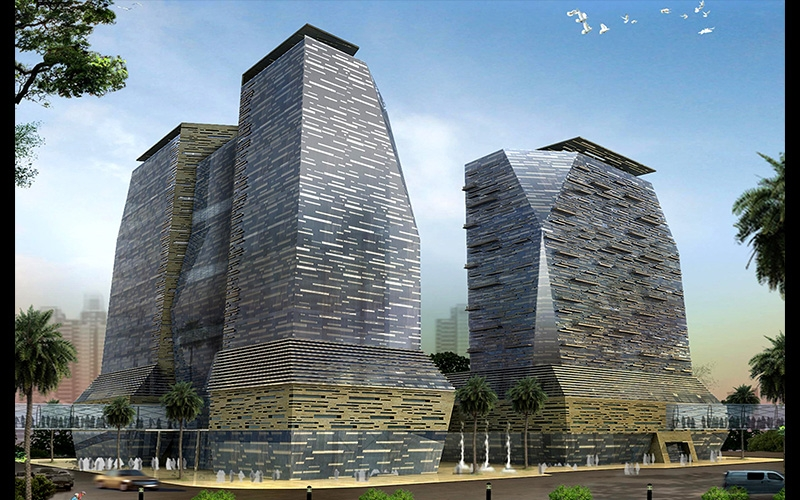Green initiatives have received a substantial allocation from the Saudi Public Investment Fund (PIF).
In the Allocation and Impact Report released on Friday, October 11, PIF stated that as of June 2024, environmental initiatives received $5.2 billion of the $8.5 billion raised through green bonds.
Compared to June of the previous year, when $1.3 billion was allotted, this sum represents a significant rise.
What are Green Bonds?
As to the World Bank, a green bond is a type of financial instrument that originated specifically intending to raise money for climate-related or environmental projects.
As investors evaluate the unique environmental objectives of the projects that the bonds intend to support, green bonds differ from standard bonds in that they assist in financing particular projects, especially, according to the bank.
Moreover, sustainable waste management, clean transportation, renewable energy, energy efficiency, sustainable land use, sustainable water management, climate change adaptation, and new cities are some of the most significant projects that may have green bonds to finance them.
Reaching new investors using green bonds reduces the issuers’ reliance on certain markets, which is one of their advantages over standard bonds.
They draw investors that include environmental, social, and governance (ESG) considerations into their investment research and firmly believe in ethical and sustainable investing.
Read more: Saudi Arabia Expands Three Ports’ Shipping Services
PIF’s Green Bond Initiatives
In October 2022, PIF issued its first green bonds as a sovereign fund, and in February 2023, it issued another batch.
According to the Public Investment Fund’s annual report, the massive sovereign wealth fund, which is in charge of assets valued at $925 billion, has around $19.4 billion that will go towards environmental projects.
According to PIF, the distribution of cash for development is contingent upon meeting certain criteria with a focus on sustainable water management, green buildings, and renewable energy projects. These approved green initiatives support the Sustainable Development Goals of the UN.
Additionally, the Saudi Public Investment Fund (PIF) highlighted its emphasis on green hydrogen, which many industry insiders think would be very important for the energy shift. 
Furthermore, NEOM’s proposed water sustainability project, outlined in PIF’s allocation highlights and impact report, aims to establish a “complete circular system for water positivity,” enabling 100% recovery and energy-neutral recycling of wastewater.
The NEOM green hydrogen project, a joint venture between NEOM and Saudi businesses ACWA Power and Air Products, will become the world’s largest green hydrogen plant.
Saudi Green Building Forum Secretary-General Faisal Al-Fadl announced the country is implementing green building regulations across commercial, residential, and governmental sectors.
As per Al-Fadl’s reveal, currently, Saudi Arabia is instructing small and medium-sized investors about green building projects that are carbon neutral.
By 2060, all Saudi Arabian buildings will likely be green, according to Al-Fadl. In the Arab globe, he pointed out, Saudi Arabia accounts for around 40% of the 5,000 completed green construction projects.
Saudi Arabia’s Vision 2030 plan, led by Crown Prince Mohammed bin Salman, aims to modernise, diversify, and reduce oil reliance while committing to becoming carbon-neutral by 2060.
Read more What are the Most Notable Sectors of Saudi-Canadian Collaboration Economically?